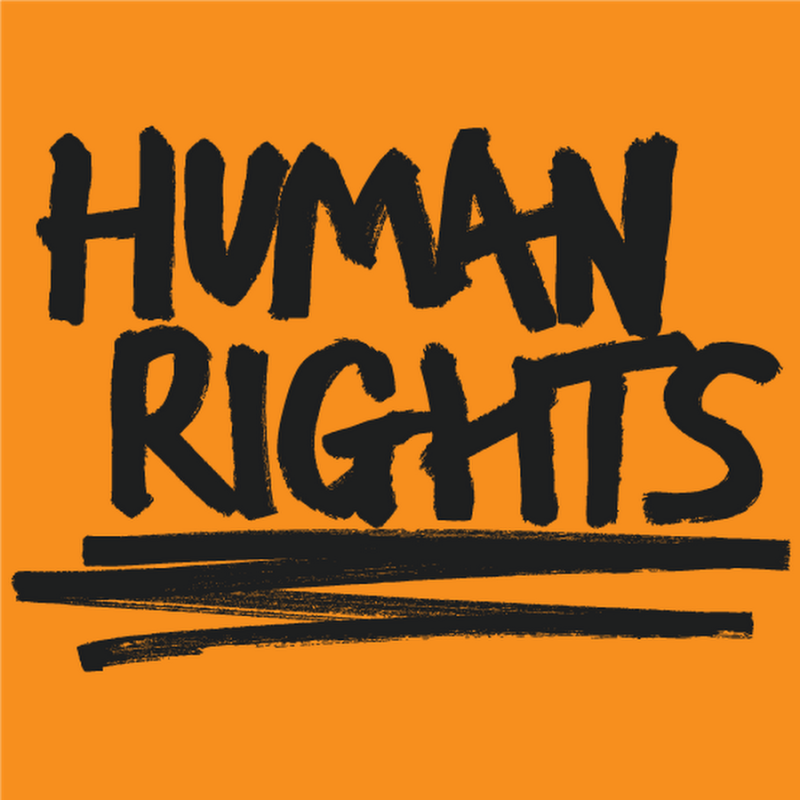LAHORE: The Human Rights Commission of Pakistan volunteers have recorded 342 human rights violations in 60 districts across Pakistan from Jan to May 2016. These include several cases that were not covered by the national news media.
According to HRCP, enforced and involuntary disappearances between Jan-May 2016 were 39, 68 people were tortured, 21 extra judicial and summary executions were occurred, 142 dishonor crimes were happened. While, 18 attacks or explicit threat against human rights defenders or journalists, 11 people were attacked or explicit threat vased on victim’s faith, 20 people attacked or explicit threat against based on political workers, 23 attacks occurred on public places.
A total of 73 convicted persons have been hanged during the first six months of 2016. , Military courts have so far convicted at least 81 persons, including sentencing 77 convicts to death. 12 of these convicts have been executed. The total number of persons sentenced to death in the first six months of 2016 was 237.
Transgender activist killed: On May 22 Alisha, coordinator for Khyber Pakhtunkhwa Trans Alliance Action, was shot by a young man multiple times. She died in Peshawar’s Lady Reading Hospital, where the staff deliberated for an hour whether to treat her in the male or female ward. They finally operated upon her in front of the lavatory.
Torture: On March 21, several policemen in Bannu district beat up a man during a 24-hour period in custody. His apparent crime was hitting a police van with his donkey cart in a road accident. He was forced to pay for damage to the van and the police allegedly demanded money for his release.
Dishonor crimes: In March, Upper Dir, a woman was killed by her in-laws after she visited a bank to collect her monthly stipend under an income augmentation programme for poor women. Her in-laws said that she must have spoken to strangers at the bank, bringing a bad name to the family. A case was registered and two suspects arrested.
In February, in Lower Dir, a woman murdered her 17-year-old daughter-in-law after accusing her of having illicit relations with men. The suspect initially claimed that the victim had committed suicide. However, in police custody she confessed to slashing the victim’s throat with a knife, arguing that she was of ‘immoral character’.
Enforced and involuntary disappearance : In January, in Larkana district, a University of Sindh student affiliated with Jeay Sindh Qaumi Mahaz, a nationalist political party, was allegedly picked up by six security personnel, clad in plain clothes who came in pick-up trucks. His family made inquiries with the police, who denied having any information about the case. He remains missing. In Diamer district of Gilgit Baltistan, an electrician with the Public Works Department, who was reportedly picked up by security forces in 2013, died in custody. In January 2016, his brother was reportedly summoned to the security force’s office and informed that the victim had died of renal failure. The family claimed that the victim's body was covered in bruises.
Extra-judicial execution: In March, a man was shot and killed by police during a workers’ demonstration in Jamshoro, Sindh. The workers at a textile factory in were demanding better wages and payment of arrears when the factory owners called the police. The police charged the workers with batons and then fired live ammunition, causing a worker’s death
In May, Aftab Ahmed, who was the coordinator of a senior leader of the MQM, was arrested by Rangers in Karachi and died in custody. The Rangers claimed that he had died of natural causes. However, a post-mortem revealed that 40 % of his body was covered in bruises. Five officers were suspended and an inquiry ordered.
HRCP urged all branches of state to establish gender balance in government bodies and committees, as well as in public administrative entities, and in the judiciary, including, inter alia, setting specific targets and implementing measures to substantially increase the number of women with a view to achieving equal representation of women and men, if necessary through affirmative action, irrespective of their social, economic, ethnic or religious backgrounds.
It also urged political parties to examine party structures and procedures to remove all barriers that directly or indirectly discriminate against the participation of women in the electoral process, including through amendments to the Political Parties Act, 2002, and the Representation of People’s Act, 1976. Incorporate gender issues in their manifestos, taking measures to ensure that women are enabled to participate in the leadership of political parties.






